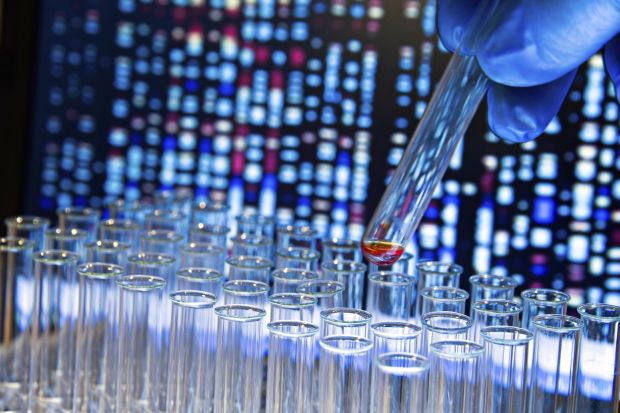A prominent journal has launched a new section devoted to analysing the quality of scientific research in response to what it called a “credibility crisis” in biomedicine.
Plos Biology says its new “meta-research” section will welcome articles that look at the “design, methods, reporting, verification, and evaluation of research”.
“It will also encompass research into the systems that evaluate and reward individual scientists and institutions,” the journal said in an editorial earlier this week.
The failure to reproduce results was a “significant problem” across biomedicine, the editorial argued.
It cited studies that claimed that more than half of preclinical research cannot be replicated, and that 85 per cent of research investment in biomedical sciences is wasted.
As a result, new drug discovery has slowed and successes found in animal experiments were “rarely” replicated in clinical trials, it said.
“There is an urgent need to address this credibility crisis and improve the standards of research practices,” it said.
The new meta-research section of the journal has been launched with two new studies.
The first found that in a random sample of biomedical articles since 2000, “the majority of studies did not share raw data, did not provide full protocols, overwhelmingly reported novel findings rather than replications, and did not mention anything about funding or conflicts of interest”.
“Disappointingly, there was little improvement over time, except for the reporting of conflicts of interest,” the editorial said.
A second study looked at the impact of removing “outlying” animals from trials, and found that it “dramatically increases the probability of false positives”. An analysis of 100 papers on cancer and strokes indicated that the majority of papers failed to properly report the loss of animals from experiments.
Register to continue
Why register?
- Registration is free and only takes a moment
- Once registered, you can read 3 articles a month
- Sign up for our newsletter
Subscribe
Or subscribe for unlimited access to:
- Unlimited access to news, views, insights & reviews
- Digital editions
- Digital access to THE’s university and college rankings analysis
Already registered or a current subscriber? Login







